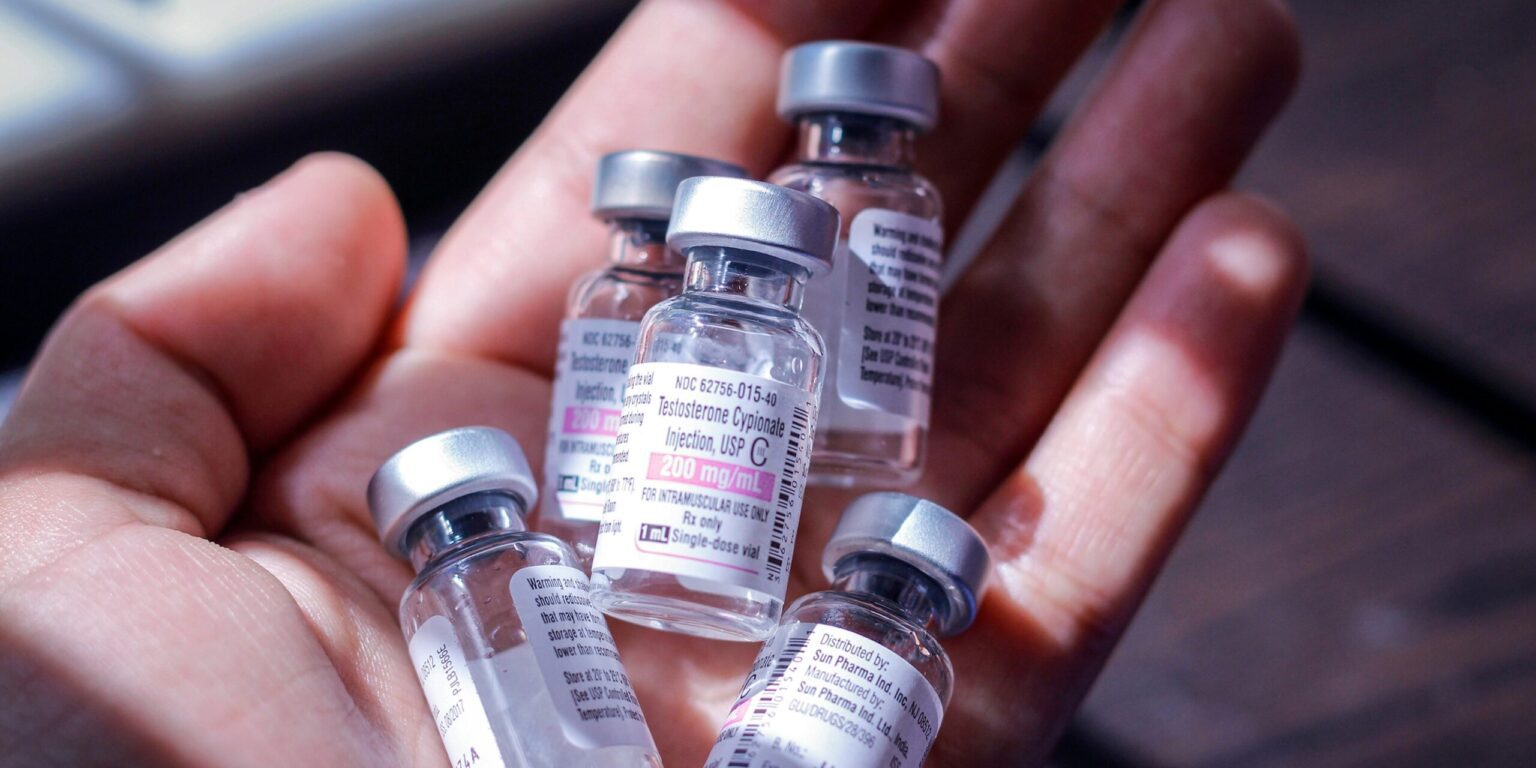U.S. lawmakers are raising urgent concerns over roughly 800,000 mpox (formerly known as monkeypox) vaccine doses purchased with American taxpayer funds and intended for African nations. These doses, meant to address an ongoing outbreak, are now at risk of expiring—potentially going to waste unless shipped promptly. A letter signed by 48 Democratic representatives, led by Reps. Mark Pocan and Sara Jacobs, warns that while approximately 220,000 doses remain viable if dispatched immediately, the rest may soon be unusable unless fast-tracked.
The U.S. Congress appropriated funds for the procurement of more than one million doses of the Jynneos (MVA‑BN) vaccine, developed by Bavarian Nordic and currently the only mpox vaccine approved in multiple countries. With around 91,000 doses already delivered, the administration still needs to ship over 700,000 remaining doses—approximately 800,000 currently in storage and nearing expiration. The letter emphasizes that wasting these doses would result in a profound misallocation of public funds and a diplomatic failure in global health outreach.
Africa is particularly vulnerable. The continent has already experienced nearly 160,000 suspected mpox cases, with about 46,000 confirmed, and 1,900 deaths, many among children. The Africa Centres for Disease Control and Prevention (Africa CDC) has been outspoken: they stress that at least six months of shelf life is needed for safe delivery and rollout; vaccines nearing expiry cannot be shipped under this constraint.
The ongoing epidemic, primarily driven by the more lethal clade I/1b strain in Central Africa, has disproportionately affected countries like the Democratic Republic of Congo, Uganda, Burundi, and Malawi. These nations urgently need vaccines for mass immunization campaigns, especially among vulnerable groups such as children and displaced individuals in conflict zones.
In August 2024, the World Health Organization (WHO) declared mpox a public health emergency of international concern (PHEIC)—the second declaration of its kind—launching a six-month response plan requiring roughly $135 million USD in funding.
Collaborative efforts have resulted in vaccine pledges: the WHO’s Access & Allocation Mechanism (AAM) allocated nearly 900,000 doses to nine African countries this November; similarly, Gavi, UNICEF, and the Africa CDC have solidified agreements and low-cost procurement mechanisms, capping at roughly $65 per dose via UNICEF. However, logistical bottlenecks—regulatory approvals, cold chain requirements, and shipping timelines—continue to impede delivery.
Critics argue that vaccine inequality observed during the COVID-19 pandemic is repeating. Africa, despite bearing the brunt of current outbreaks, lacks both the manufacturing infrastructure and regulatory agility compared to wealthy nations.
The letter from lawmakers starkly describes the situation as “a moral, strategic, and public health failure in the making.” Lawmakers attribute part of the delay to sweeping foreign aid cuts implemented under President Trump, including an $8 billion reduction in aid and the firing of USAID staff responsible for coordinating vaccine export. The country is also in the process of burning expired emergency food supplies—an example, they argue, of the consequences of bureaucratic inertia.
In contrast, the Biden administration initially pledged over one million doses along with $500 million in funding during the 2024 United Nations General Assembly. But as of now, only 91,000 doses have reached Africa, and an additional 220,000 have enough shelf life to be shipped—but haven’t been approved by the State Department.
If these delays continue, preventable deaths could rise in regions already struggling with high fatality rates, particularly among children. Vaccines remain one of the most effective tools in curbing the outbreak and preventing its spread beyond currently affected countries. Letting these doses expire would not only undercut global public health goals but also damage U.S. credibility in international humanitarian efforts.
The letter calls for immediate action from the State Department and U.S. aid agencies to approve and expedite the shipment of remaining viable doses. Coordination with African partners and health agencies is crucial to ensure vaccines arrive safely and are administered effectively.
With Africa engulfed in a serious mpox outbreak—at one point declared a global health emergency—swift deployment of the remaining vaccine stockpile is critical. Doing so would not only save lives but also restore confidence in global public health mechanisms and uphold U.S. credibility as a leader in humanitarian response. The clock is ticking: unless the State Department and aid agencies act immediately, tens of thousands of doses—and countless lives—could be lost to bureaucratic delay.
